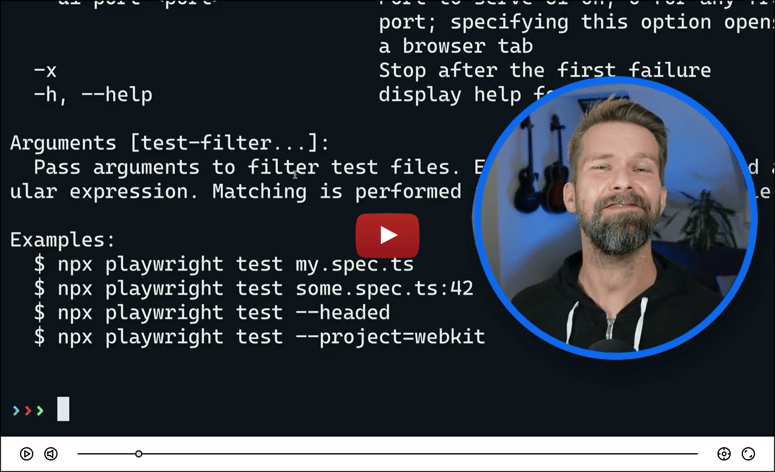In the ever-evolving world of open source and fair code licenses, the Checkstyle License has emerged as a compelling example of how legal frameworks can promote both excellence in code quality and fairness toward developers. In our latest exploration, we delve into the detailed Checkstyle License summary and exploration that outlines its origins, evolution, and the delicate balance it strives to achieve between openness and equitable compensation.
Introduction
The Checkstyle License originated as a solution for projects requiring consistent code styling and robust legal backing. The license, which governs the popular Checkstyle static analysis tool, is designed not only to maintain high coding standards but also to establish a framework where developers are duly recognized and compensated for their contributions. This approach represents a significant innovation in the landscape of open source licenses—a realm historically dominated by simpler, more permissive frameworks like the MIT License or the more rigorous GNU GPL.
At a time when communities are increasingly aware of the need for financial sustainability in software development, the Checkstyle License offers a nuanced perspective. It encourages contributions while seeking to mitigate risks associated with exploitation by large corporate entities. For a complete understanding of its detailed historical context, strengths, and potential pitfalls, check out the original article here.
Summary of Key Insights
The article walks through several critical themes:
- Origins and Rationale: The Checkstyle License was conceived to address the need for a balanced approach that protects intellectual property rights while embracing the community spirit of open source. Its inception can be seen as part of the broader conversation on ethical compensation in software development, echoing discussions available on platforms like GitHub License Usage.
- Influence and Community Impact: Fundamental to the Checkstyle License is its commitment to fairness. The license’s framework is geared towards ensuring that developers truly benefit from their work, even in scenarios where the software is leveraged commercially. In addition to inspiring innovative projects, its principles encourage a dialogue on how legal terms can translate into tangible benefits for both small contributors and large development teams.
- Comparison with Other Licensing Models: A comprehensive analysis reveals how the Checkstyle License stands apart from more permissive licenses like the MIT License and robust copyleft models such as the GNU GPL. The article also highlights emerging models, such as those detailed in the OCTL Whitepaper, which integrate blockchain technology for added transparency and compensation reliability.
- Challenges and Future Directions: While the license shows great promise in mitigating exploitation risks, critics note certain ambiguities—especially regarding dual licensing and enforcement mechanisms. These issues spark lively debates on platforms like Hacker News and Stack Overflow, emphasizing the need for clarity as open source projects continue to scale.
Conclusion
The Checkstyle License stands as a testament to the evolving ethos of open source licensing—where a blend of technical rigor and ethical legal standards can drive innovation and fair compensation. Its balanced approach not only paves the way for high-quality code development but also ensures that the creative efforts of developers are recognized and valued in today’s competitive digital marketplace.
For those interested in the future of open source licensing, the Checkstyle License offers a thoughtful model that encourages sustainable practices. With a rich historical background, substantial community support, and promising integration with modern technologies, this license is poised to influence the next generation of software projects.
To discover more about the nuances of this innovative licensing framework, revisit the full article on Unveiling Checkstyle License: A Comprehensive Summary, Exploration and Review. Happy coding, and may your projects be as fair and innovative as the licensing models that support them!



Top comments (0)